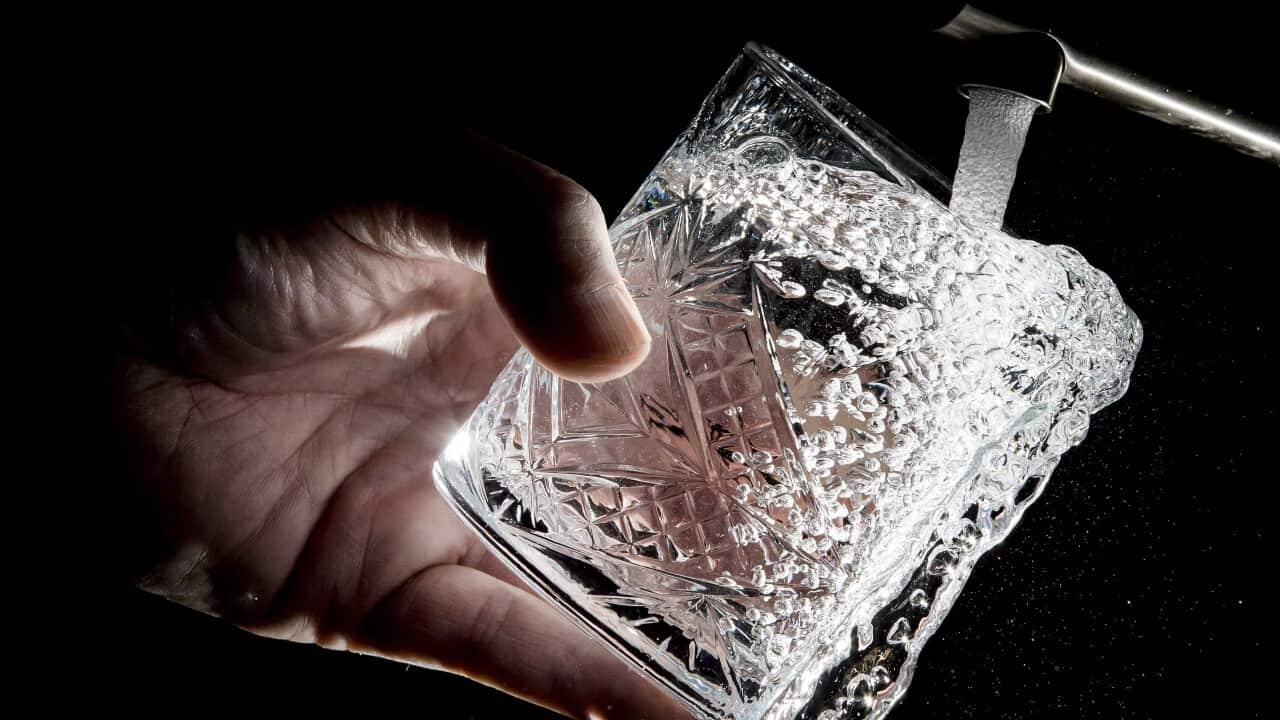Too much of a good thing can prove dangerous.
While water is one of those things people turn to improve their overall health, and although social media is awash with wellness trends involving gigantic water bottles, drinking too much water can lead to frightening health consequences.
That's what happened to actor Brooke Shields when she suffered a seizure in 2023. Recounting her experience, she later said: "I flooded my system, and I drowned myself."
In 2007, a woman in California died after trying to drink more water than fellow contestants aiming to win a Wii video game console in a radio competition.
Recently, 41-year-old Queensland government officer Nina Munro shared with various news outlets that she nearly died after drinking too much water to try rid herself of a cold.
Hydrating while sick
According to Dr Vini Fernandes Cruzat, a lecturer in Anatomy and Physiology at the Southern Cross University on the Gold Coast, while it is common practice to hydrate more while sick, Munro's condition worsened because of "a combination of bad factors".
"She [Munro] drank excessive amounts of water combined with medications. Some medications can open the sodium pumps of the kidneys, allowing more sodium to be excreted in the urine," Cruzat said.
"She said that she already would drink a lot of water, which follows our guidelines ... so there's nothing wrong with that. But, when she started to feel sick six weeks before she went to the hospital, she was recommended to drink even more water without knowing that her sodium levels were already dropping."
Cruzat shared that drinking too much water in a short amount of time may lead to overhydration progressing to hyponatremia — or low blood sodium levels — which then results in water intoxication or water poisoning.
What does drinking too much water do to the body?
Cruzat said: "Hyponatremia is a condition we commonly see in athletes. However, because athletes train a lot, they know that there is a risk of an imbalance of water and electrolytes. They're aware of the recommendations to be careful with their sodium levels."
When hyponatremia occurs, fluids get into the cells in the body — including brain cells — which then leads to swelling.
When brain cells swell, the pressure can lead to headaches, drowsiness and/or confusion. As the pressure increases, conditions such as hypertension (high blood pressure) and bradycardia, or a low heart rate, can occur.
"Any regulation in the body would be difficult without sodium. You need it for chemical signalling, for nutrient and water exchange in the body..." she said.
What are the signs of overhydration?
Signs of early or mild overhydration may not readily be apparent, but colourless urine may be an indicator.
Symptoms of water intoxication are more obvious, including nausea and vomiting, headaches, confusion or disorientation, drowsiness and muscle cramps.
"It can be hard to determine all signs, but headaches, nausea, and vomiting are the first signs of hyponatremia," Cruzat said.
"Feeling tired without doing anything exhaustive is another one [to watch out for]."
Dehydration versus overhydration: which is worse?
While dehydration and overhydration both have serious implications for a person's health, Cruzat said dehydration may be more dangerous because of how common it is.
Dehydration occurs when the body loses more fluids than it takes in and results in a lack of much-needed electrolytes.
"Overyhydration is a very specific and rare situation. For water intoxication to occur, several factors have to be there. And such as in the case of Ms Munro, she progressively got worse as her sodium levels went down," she said.
"Especially going into summer, people get more dehydrated than overhydrated. You can have similar symptoms of an imbalance, but it's much more common."
How much water should you actually be drinking?
"To be very simple, we say you should be drinking three litres of water a day, but to be more specific, it is typically 2.6 litres a day," Cruzat said.

A chart on the average amount of water people should be drinking in a day. Source: SBS News
Ultimately, proper hydration is all about balance.
"No health agency in the world has said that you're not supposed to drink, four, five litres of water a day because typically when you drink more, you urinate more," Cruzat said.
He said a person can balance their water intake by adding a bit more sodium to their diet.
"A lot of people relate sodium to cardiovascular disease and kidney disease, but sodium is important to the body. Don't do it in excess, of course, but you have to ensure you have [adequate levels of it].
"If you're worried about overhydration, it's best to talk to your GP or a nutritionist to get your sodium levels checked and to give you proper guidance."












